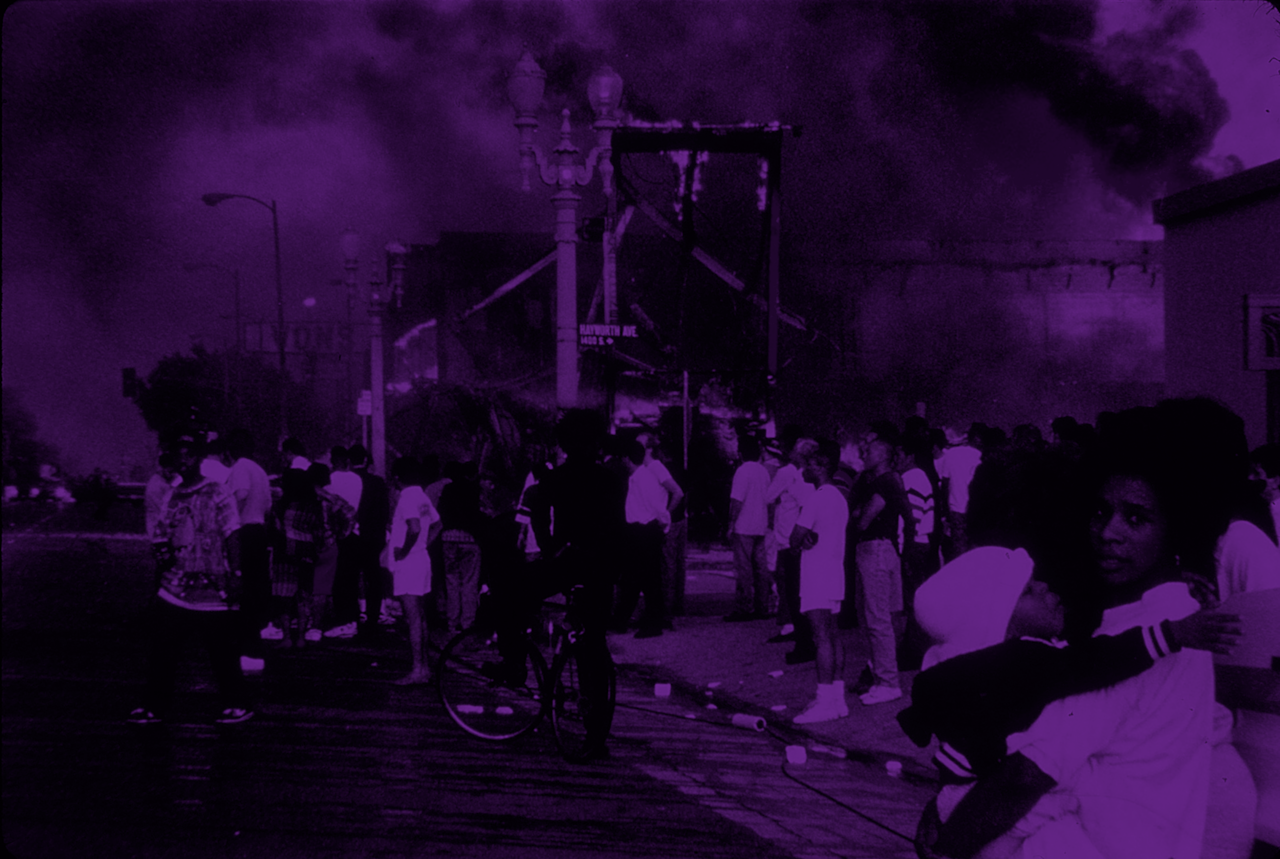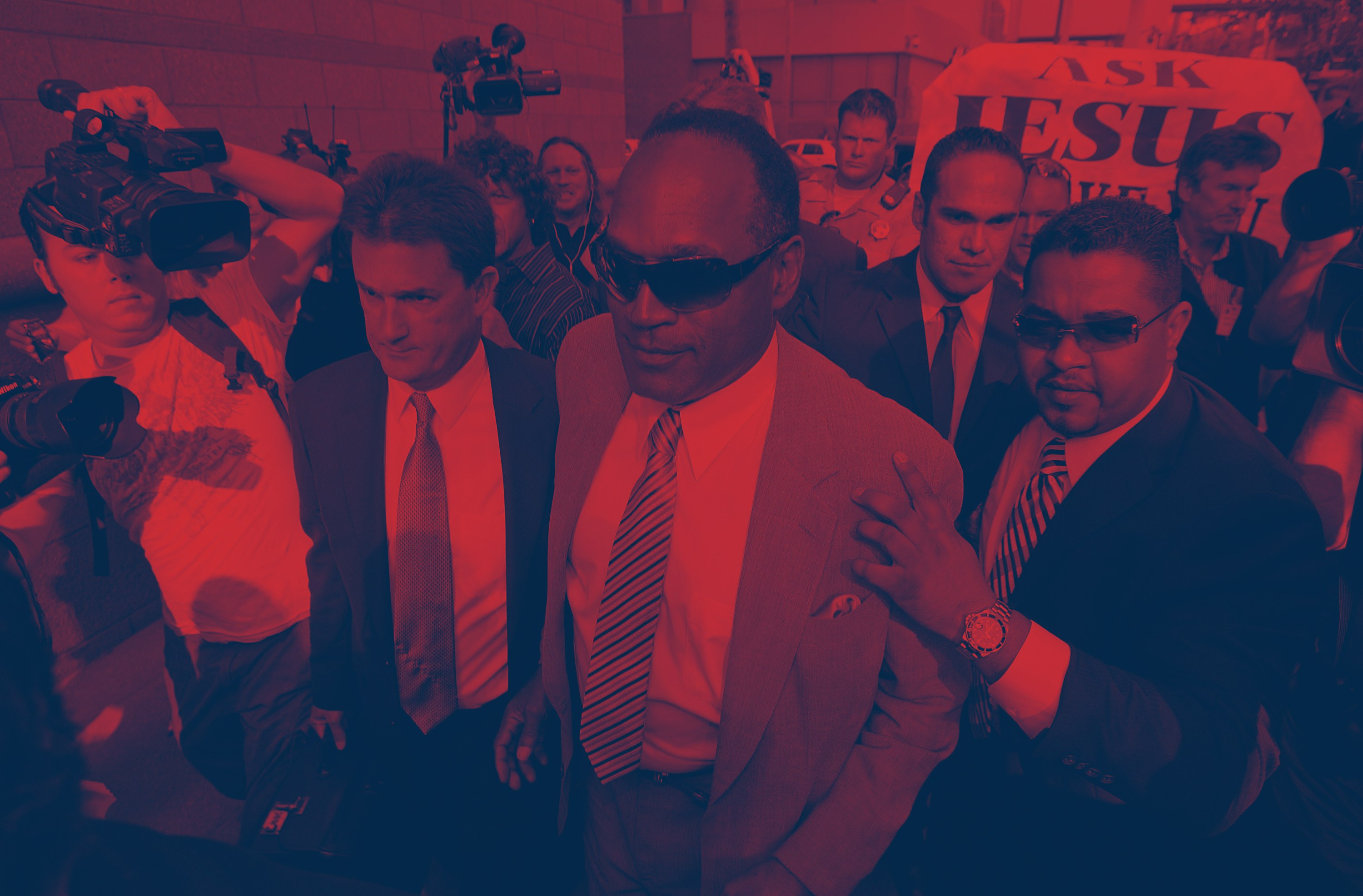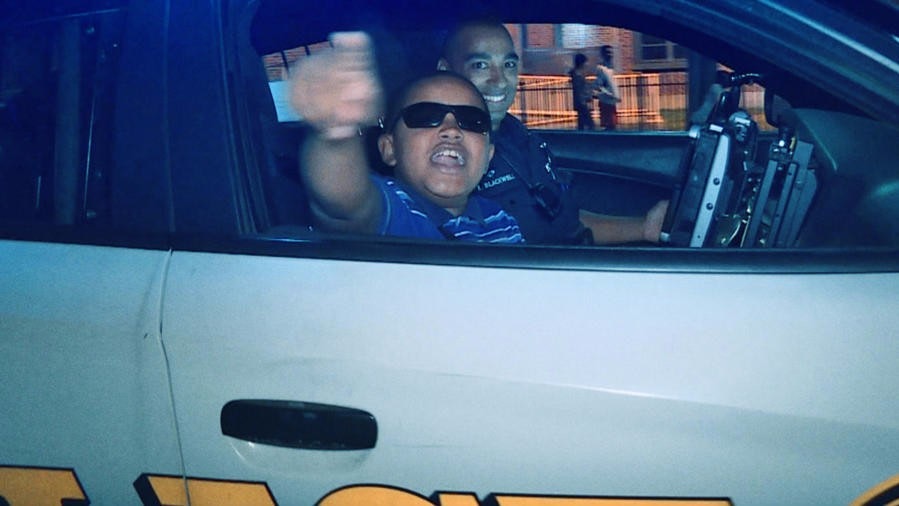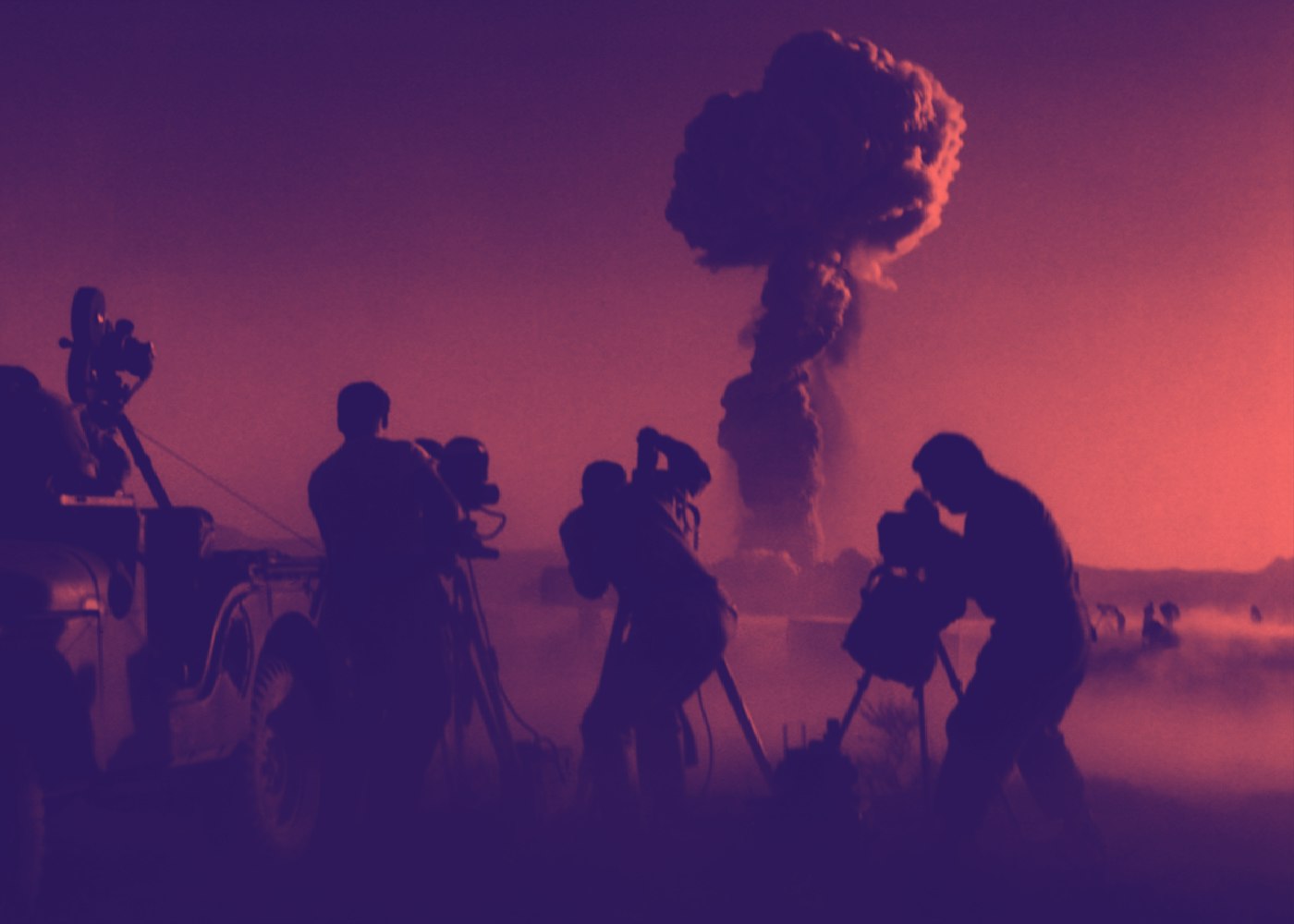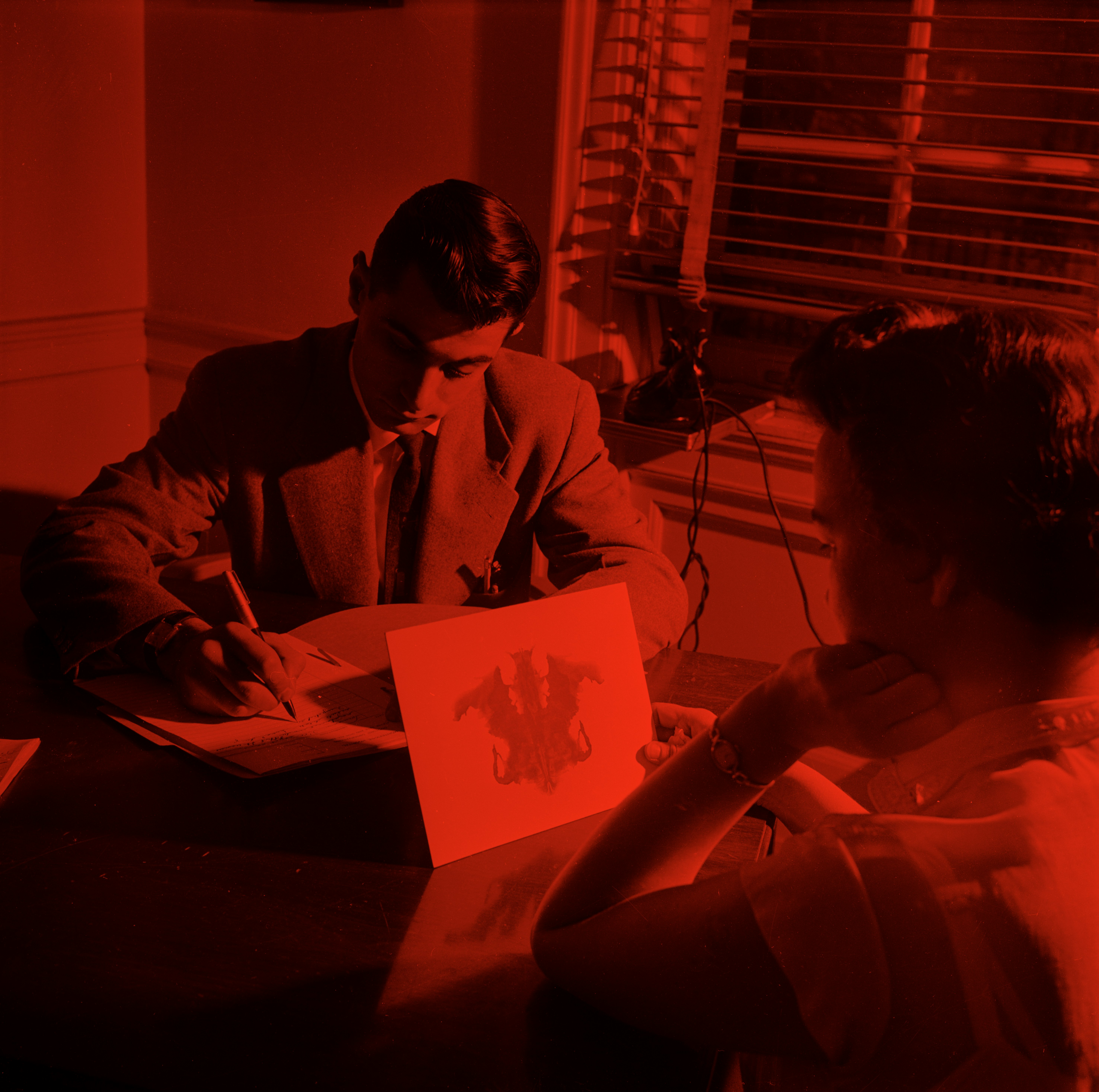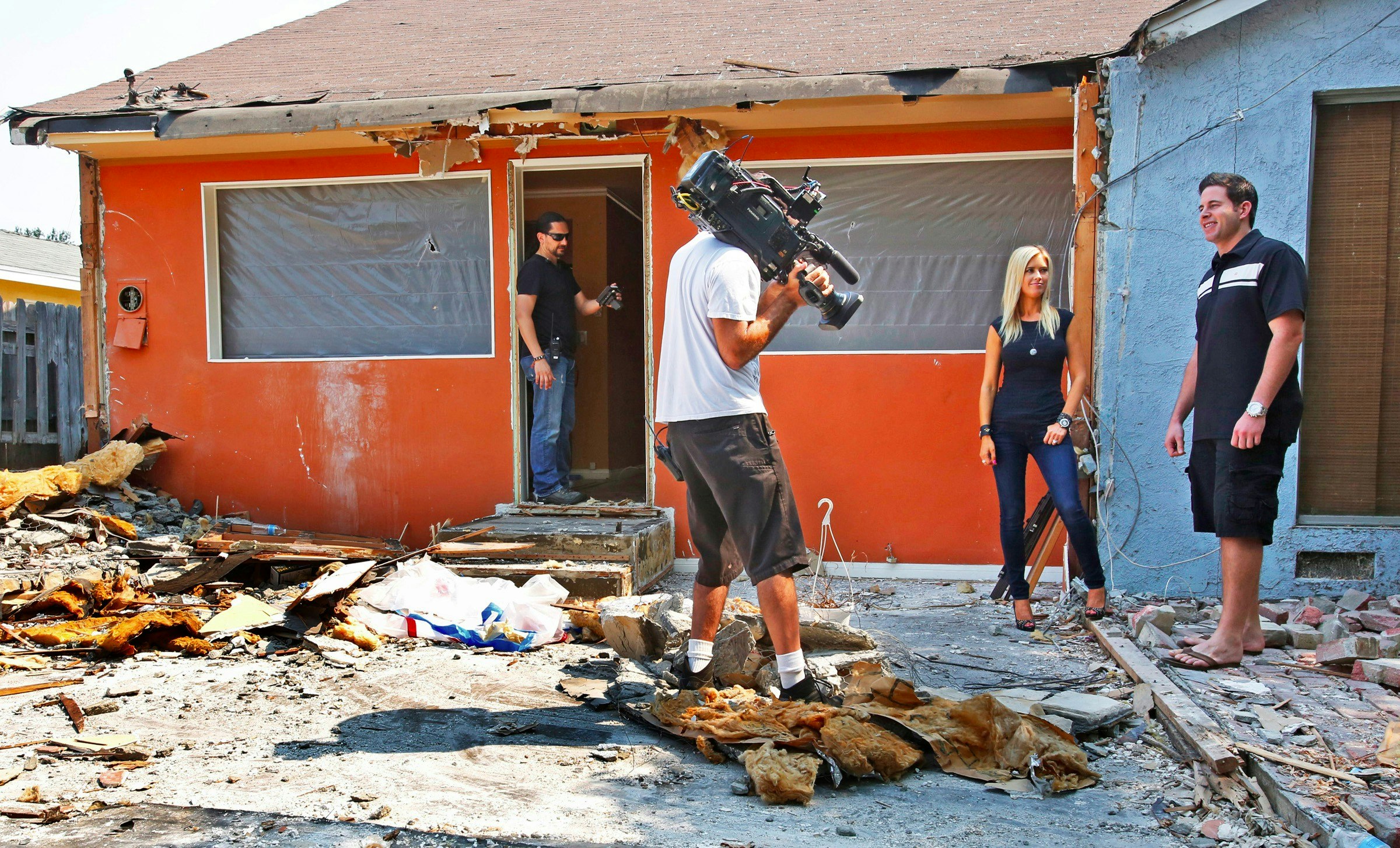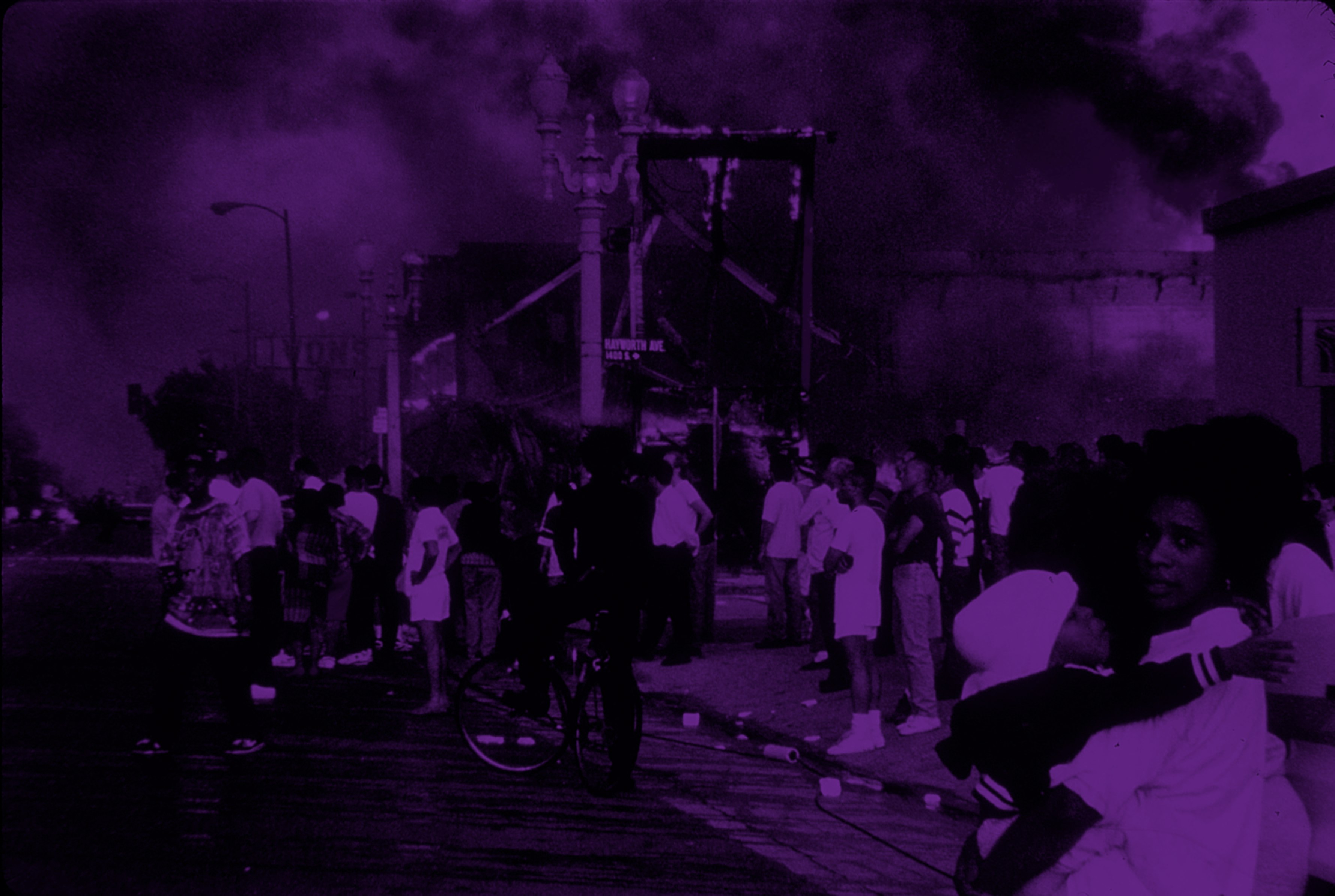It’s been 25 years since the acquittal of four Los Angeles Police Department officers who were arrested after viciously beating Rodney King, a 29-year-old taxi driver, and the city’s subsequent plunge into six days of mayhem. And now, not one, not two, but at least six television networks are revisiting the events with their own documentary specials. Among them are A&E’s L.A. Burning: The Riots 25 Years Later, ABC’s Let It Fall: Los Angeles 1982–1992, and Showtime’s Burn Motherfucker, Burn! Individually, the films are valuable to varying degrees for how they situate the riots in the context of the early ’90s. They offer much to think about regarding the country’s progress — or lack thereof — when it comes to police brutality, segregation, and racism. And having all flooded the airwaves last month, these documentaries are sparking a casual national meditation online about the significance of those events now.
This phase of collective retrospection on the L.A. riots echoes two infamous events that were the subject of television programs last year upon their 20th anniversaries: the O.J. Simpson trial and the murder of JonBenet Ramsey. FX’s The People v. O. J. Simpson: American Crime Story and ESPN’s O.J.: Made in America premiered to 5.11 and 3.4 million viewers respectively. And both were resounding critical successes, widely praised in the press and rewarded with numerous accolades. And while none of the five TV specials about the Ramsey case — A&E’s The Killing of JonBenet: The Truth Uncovered, NBC News’ Dateline: Who Killed JonBenét?, Lifetime’s Who Killed JonBenét?, CBS’s The Case of: JonBenét Ramsey, and Investigation Discovery’s JonBenét: An American Murder Mystery — were especially enlightening, they, like the Simpson pieces, succeeded in getting the country talking about the past. But together with new examinations of the L.A. riots, these retrospectives raise an intriguing question: When it comes to television, how is it decided which historical events are remembered, and when?
The O.J. Simpson trial, the JonBenet Ramsey case, and the L.A. riots share the distinction of having been massive news stories in the earlier days of the 24-hour news cycle. And much like how reboots of classic ’80s and ’90s movies, like Carrie and Ghostbusters, have proven to be popular in the past several years, the resurrection of past TV news “hits” feels advantageous, allowing networks and streaming services to capitalize on the nostalgia of that built-in audience. But while all three events are deserving of retrospection (though, debatably, to much different degrees), the events that aren’t commemorated give us clues as to what stories are woven into American identity today and which are not.
There’s no simple answer for why television producers and networks choose to revisit the news events they do. But as Dan Berkowitz, a professor at the University of Iowa School of Journalism and Mass Communication, told The Outline, commemoration is about more than just reflection. “Commemoration builds solidarity,” Berkowitz said. “It’s about looking back and restating cultural values.” And it’s those stories that have become recently legendary, he said, that are potentially most attractive to TV audiences, allowing them to reminisce or, for younger folks, better process and understand events they’ve heard referenced but weren’t fully aware of when they happened. “It’s about cultural cohesion,” Berkowitz said.
Jill Edy, a communications professor at the University of Oklahoma and author of Troubled Pasts: News and the Collective Memory of Social Unrest, told The Outline that commemorating events in this way brings new Americans into the cultural fold. “When you look at all this storytelling, you’re looking at something that’s very American because of who we are as a people,” Edy said. “We have a lot of practices for doing this because we are an immigrant culture, so there’s a longstanding tradition of new people arriving… and having to be taught the national stories. [There’s a] need for those national stories to give us a sense of unity as a people. So you find that kind of thing in American culture, you find it in Israeli culture. You find it less in cultures and societies where they don’t have a long history of immigration where it’s kind of been the same people all the time.”
TV commemorations of historical events don't challenge American cultural memory and identity. They solidify them.
As for why we as a culture commemorate news events from the relatively recent past, Edy said practicality is also factor. Events like the O.J. Simpson trial and the L.A. riots are easily commemorated because they were so well-documented at the time. “When you compare that say to the 1965 Watts riots, which arguably are about the same kind of police brutality that the 1992 Los Angeles riots are about, there’s much less film. If you were a television news producer, you would have to work pretty hard to go out and find that stuff,” Edy said. “Fast forward a few years, and you’ll have a lot more visual imagery.”
Looking ahead, clusters of TV specials about decades-old media circuses will only keep on coming. August of this year will mark 20 years since Princess Diana’s death. HBO and ABC reportedly already have specials set to premiere this summer. But for anyone who can’t wait until then, ABC News will premiere its special exploring the Princess of Wales’ last 100 days on May 7. These programs will be the newest additions to the long list of movies and shows that have explored Princess Diana’s life and death over the years. My bet for 2018 is that 1993 Waco siege will take the L.A. riots’ place as a cultural conversation piece. So far, at least one project about it is in the works right now.
TV commemorations of historical events don't challenge American cultural memory and identity. They solidify them. Audiences find solidarity in not only discussing these programs, but also in remembering their own relationships with the events in question. Remembering where you were when you saw O.J. Simpson’s police chase or learned about Princess Diana’s death and not remembering those moments at all are equally good motivations for watching these shows. And that’s what their producers may very well be betting on.
